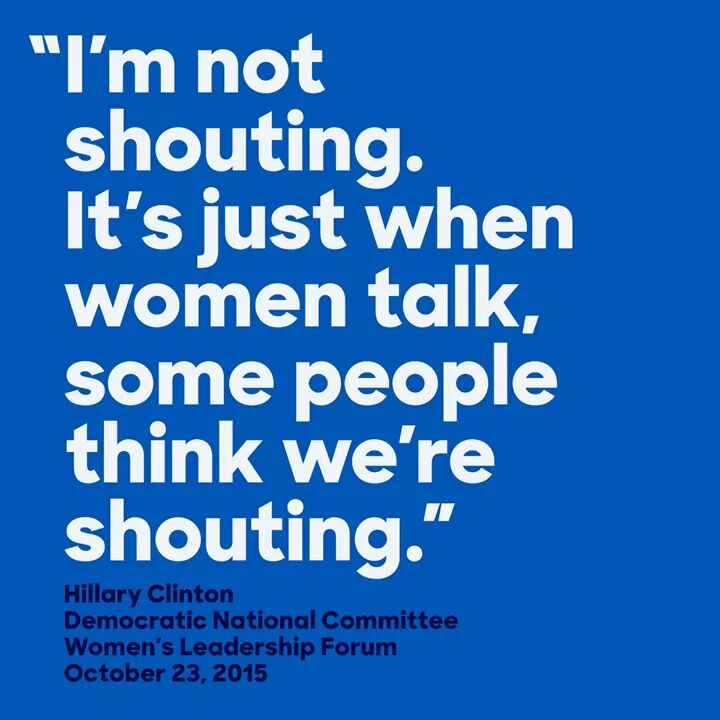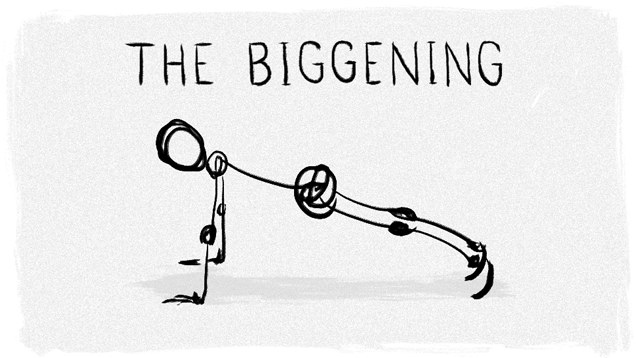 Earlier in November I was interviewed by the talented writer Betsy Morais, a member of the editorial staff at The New Yorker Magazine. She was doing a piece for the Talk of the Town section of the historic magazine about Mayor Bill de Blasio announcement that computer science education would be in all schools, at every grade level, within the next 10 years. We spent a few hours together at a CSNYC Meetup, coordinated by Sean Stern, my colleague at AFSE. I was able to tell her a little bit about the project I was working on that resulted in the following piece: "Can an English Teacher Learn to Code?" The answer is: YES! Not very well yet, but I am learning to use Scratch. It was such an honor to be in The New Yorker and I think she captured me well. Funny thing was, the day of the interview, it was the first day of the flu that plagued me for a week. I was just happy I came across slightly coherent.
Earlier in November I was interviewed by the talented writer Betsy Morais, a member of the editorial staff at The New Yorker Magazine. She was doing a piece for the Talk of the Town section of the historic magazine about Mayor Bill de Blasio announcement that computer science education would be in all schools, at every grade level, within the next 10 years. We spent a few hours together at a CSNYC Meetup, coordinated by Sean Stern, my colleague at AFSE. I was able to tell her a little bit about the project I was working on that resulted in the following piece: "Can an English Teacher Learn to Code?" The answer is: YES! Not very well yet, but I am learning to use Scratch. It was such an honor to be in The New Yorker and I think she captured me well. Funny thing was, the day of the interview, it was the first day of the flu that plagued me for a week. I was just happy I came across slightly coherent.The interesting thing is- the unit I am in the process of designing and implementing is a theatre unit. While I am also an English teacher, I am a drama teacher too. I am a proud alumna of NYU's Educational Theatre program and (University of Arizona's Theatre Production BFA program). Theatre is in my blood. I will be the first to say that Scratch, while foreign, clicked (pun intended- make sure you check out Scratch). When I did the boot camp Sean set up last spring, my mind began racing about ways to integrate this into content classrooms. Theatre is what came to mind first. I began developing the unit this summer and into the fall and last week, my two blocks of 9th graders (about 60 kids) began the first two parts of the unit. They were assigned brief scenes from movies - having just finished Shakespeare monologues- all movies that are kid friendly and have some great teen characters to portray. The first two steps are to work on character development, and to put the director hat on for the first time and begin creating stage pictures using blocking notation. For these classes I am calling it "theatre code" as to work to bridge the gap between theatre and Computer Science.
Today we spent the period with one of the two blocks in the theatre on campus, just playing and rehearsing and continuing to create blocking for their scenes. It is exciting to see them start to make connections and start to create truly authentic scenes.
The next steps will be to do the paper prototyping step where they will create a flip book of every movement the characters make and how long it will take for each character to make the movement. How fast are they talking/walking? I am excited to see how their work continues to develop and evolve through the end of the month and into January. They will begin Scratch when we come back from the winter break. Can't wait.
Any thoughts? Ideas? Insight? Feel free to let me know!














